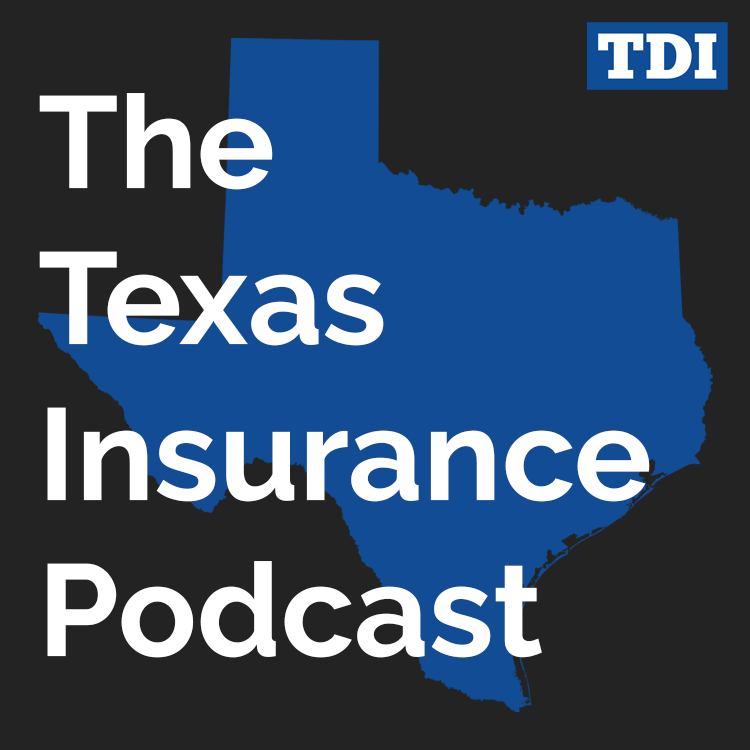Medicare open enrollment is the time you can change your plan each year if you’re not happy with yours. The enrollment period runs from October 15 to December 7. If you like your plan, you don’t have to do anything.
Learn more about open enrollment and how to avoid common scams.
How do I know if I have the wrong Medicare plan?
If your doctor doesn’t take a specific plan or the drug coverage you get through Medicare Part D, you may want to change your plan. Or if you’re in an HMO and have to ask your doctor for a referral to a specialist, you may want to switch to a PPO. With a PPO, you can go to a specialist if they’re in your network.
What’s the difference between a Medicare Advantage plan and a Medigap plan?
Medicare Advantage plans bundle the benefits in Medicare Part A, Part B, and Part D, the drug plan. Medigap plans (also known as Medicare supplement) help cover the 20% of costs you are responsible for when you’re on traditional Medicare. It’s an extra plan to help you out.
I like the Medicare plan I have. Do I need to do anything during Medicare open enrollment?
You don’t have to do anything if you’re happy with your plan. Open enrollment is just for people who aren’t satisfied with their plan.
How can I get help if I have Medicare open enrollment questions?
You can make an appointment with your local office of the Area Agency on Aging. Call 800-252-9240 to find your local office or view the Area Agencies on Aging Directory.
What kinds of Medicare open enrollment scams should we watch out for?
- Anyone who claims to be an official Medicare agent. Medicare doesn’t have sales representatives.
- Phone calls or home visits from anyone trying to sell you a Medicare plan. Insurance companies and agents aren’t allowed to call you or knock on your door to talk about Medicare unless you asked them to call or visit.
- Anyone telling you that you need to do something or act fast to keep your coverage. If you don’t want to change plans, you don’t need to do anything during open enrollment.
- Anyone asking for your Medicare number, Social Security number, or bank account number over the phone.






